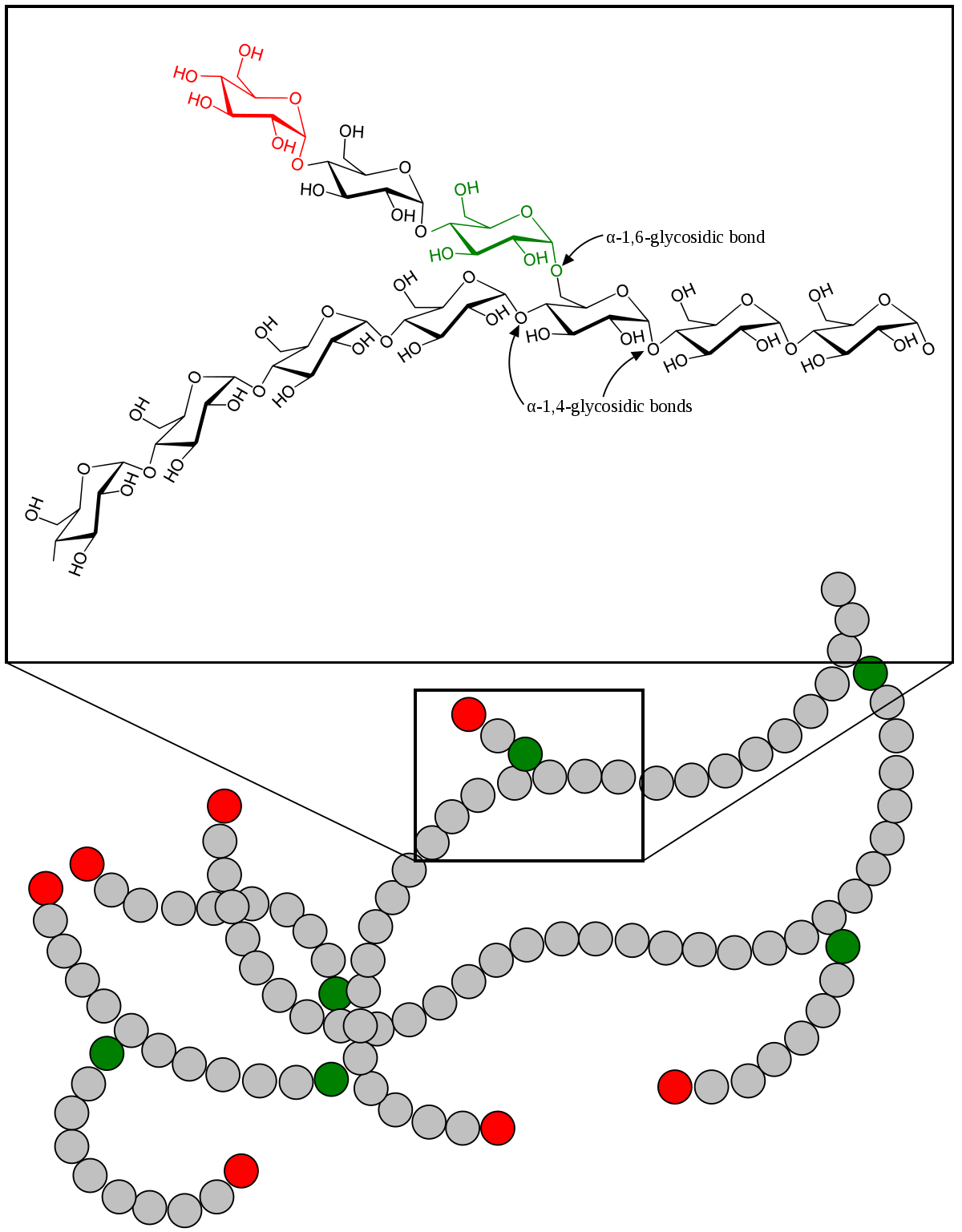When I was diagnosed, the best and easiest papers to read, we're mainly from universities in the U.S.
A lot of it was supposition.
A lot was speculation.
And I agree, it is very complicated, and medical journals etc, always use the long words and technical jargon, that you need a medical dictionary or someone like Alan Turing to decypher.
And further to your comments about hormones, with my condition, my first phase insulin response is weak.
However, I was told that my hormonal response with the insulin differed dependent on what I had eaten.
I would add that most metabolic conditions, do have varying imbalances in their hormonal/insulin response, wether first or second phase and if including how the gut interacts with the signalling, to and from the gut, brain axis. It is said that the enteric system has a bearing on which hormones you need through the stomach, intestines etc.
I do believe there is much more to learn from our digestive system that the boffins have no answer for.
The individuality of each of us is imperative in our own diagnosis and treatment.
I had to research and look for other people who had this condition and their outcomes, treatment and anything that could help me.
Then I had to experiment, experience, trial and error, and because of this, I was able to control it.
And thanks to my endocrinologist, who had the knowledge and understanding of that there could be a reason why a non diabetic goes hypoglycaemic after food.
He admitted, he recognised the symptoms that were similar to other metabolic conditions, but found the reasoning to do the tests.
he also told me, that, if I had gone to see his mentor/ professor, he would have said it was impossible to have such a condition. My first endocrinologist five years before, thought it was a fatty liver, nothing else and told me to knock off the drink, when I told him I had been teetotal for the last five years, he didn't believe me.
then of course there are opinions in the medical hierarchy and closed minds.
The more they discover and find, the likelihood that they discover how food impacts our metabolism.
And the numbers of the population affected by intolerance and allergies.
The epidemic of T2, should have those in the medical hierarchy, making sense of how our staple foods can be so unhealthy for a large proportion of the population.


